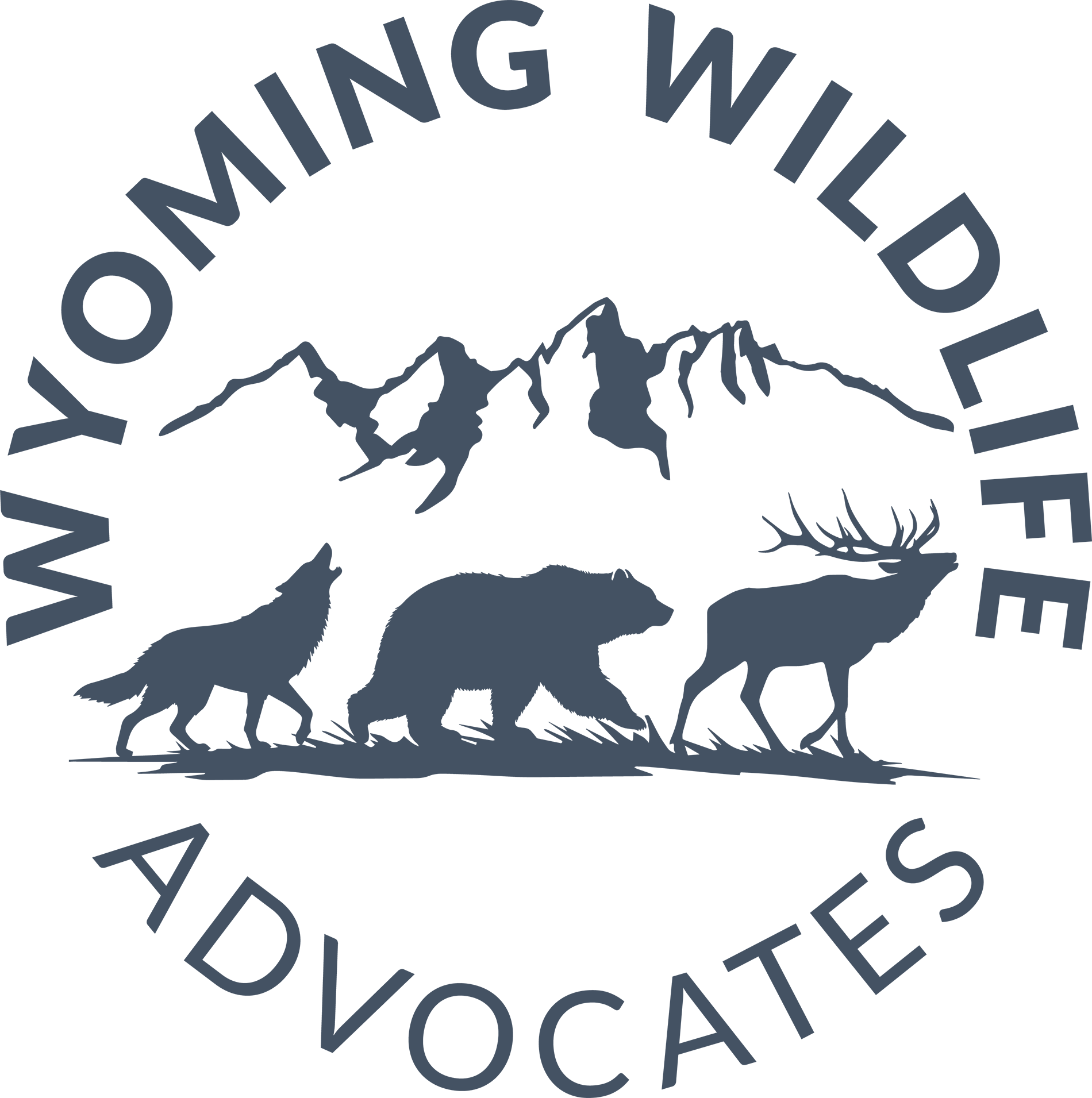One of the largest and most iconic species of the GYE, the grizzly bear is facing unprecedented peril. Climate change is gravely impacting the bears’ food sources and territory, and now, they will likely face trophy hunting.
Contact
- +1 (307) 200 3057
- PO Box 1772, Wilson, WY 83014 USA
Newsletter Sign Up
Receive alerts on the latest issues and updates on our work
Copyright © 2022 - 2025 Wyoming Wildlife Advocates | All Rights Reserved | Powered By BrandingWyoming.com


